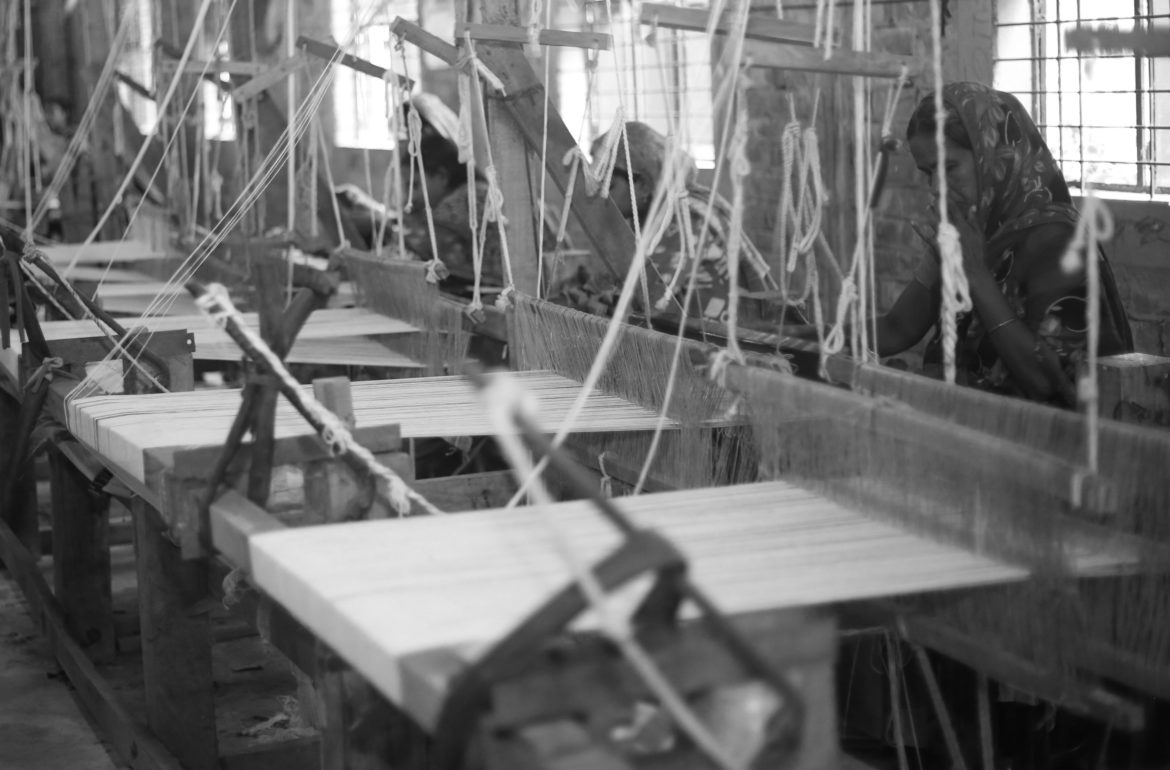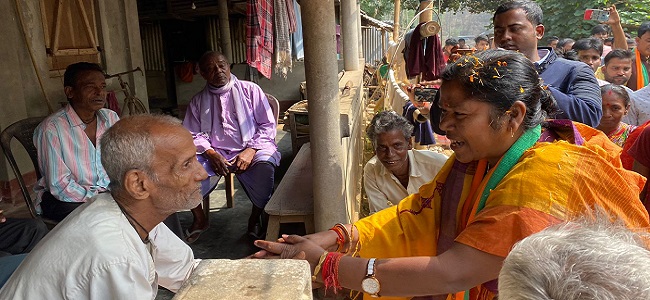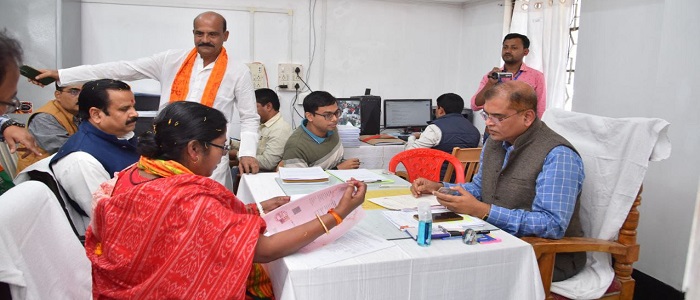Kolkata: As the COVID-19 pandemic forced us to adopt lifestyle changes such as social distancing and home-quarantine that we have never experienced, the fabric of the urban economy unravelled and we are yet to weave a new one that can handle the new equations dictated by the coronavirus. The shocks on the rural economy have been milder in comparison. The reasons, starting with lower population density, are many. In the first phase of the nationwide lockdown that began on March 24, some agricultural activities were allowed. In the urban sector, however, the government shut down all our familiar activities barring those considered essential for surviving. The rural economy, helped with the normal pre-monsoon showers, trudged on.
The rural economy did feel the pain of the lockdown, but this pain was mostly the result of logistics issues that had not been factored in by the lockdown’s planners. For example, the dairy industry continued production but it was cut off from its market, which is predominantly urban. The government took some time to realise this and managed to sort out the issue before it extended the lockdown.
The pandemic has taught us to value the basics in our lives. The nation survived on essentials. Not since the Sixties has the nation as a market become so focused on agricultural products. The lockdown, imposed to prevent the spread of the highly-contagious SARS-CoV-2, shut down all economic activities save those in agriculture. So whatever little movement that we are sensing in the GDP’s engine is being powered by the rural segment. Now that the monsoon is expected to be normal, the nation is expecting a bumper crop. Add the recently-announced stimulus packages for small- and medium-enterprises to all this, and it looks like the rural economy will resurrect India’s GDP since manufacturing and services were locked down.
The government’s decision to free farmers from the agricultural produce market committees and so remove barriers to trade in agricultural produce will allow farmers to earn more.
As farmers start earning more, the return of migrant workers to their villages and small towns looking for jobs closer home is expected to power rural enterprise.
Meanwhile, scores of joint-liability groups and self-help groups, all led and staffed by women, have gotten into the new business of making masks, sanitisers and personal protection equipment. This rapid entry and scaling up is not only helping protect our corona warriors but is also creating more entrepreneurs, startups and business leaders.
[The Author of the article is Kuldip Maity, MD & CEO of Village Financial Services (VFS)]






